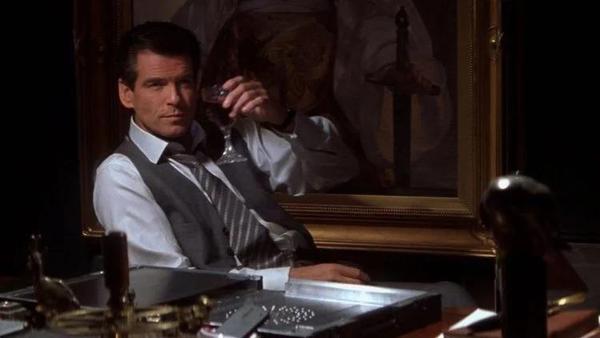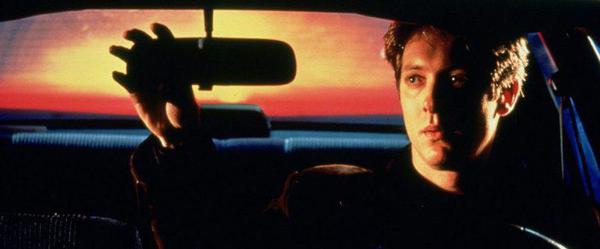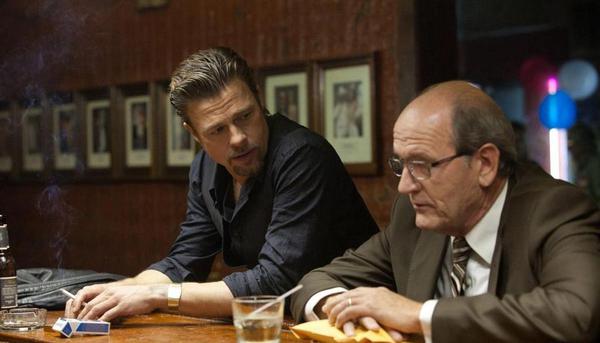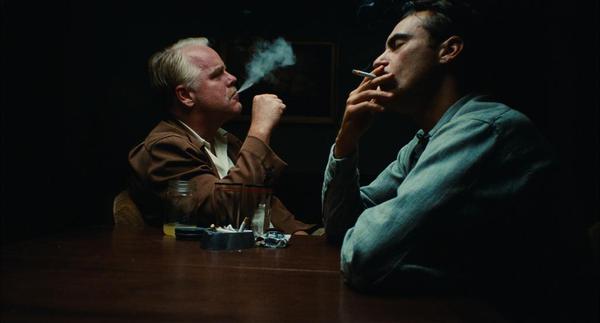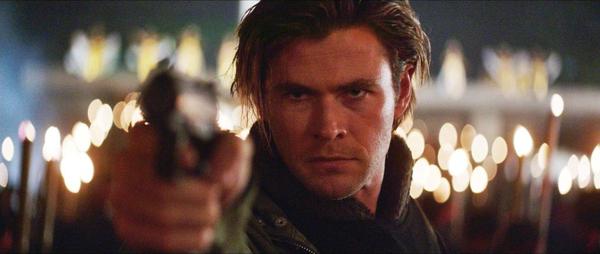
Seeing the worst at his very best: Ed Wood at 30
Burton’s homage to his favourite filmmaker, Ed Wood, masks warmth, admiration and prescient life lessons in the guise of a standard biopic.
Edward D. Wood Jr. (1924 – 1978) is known to cinephiles as one of the worst directors to ever sit behind a camera. His repertoire of low-budget camp drama has earned him cult status among fans. The infamous likes of Plan 9 From Outer Space (1957) and Glen or Glenda (1953) are still watched with equal measures of derision and admiration to this day. Wood h...
Edward D. Wood Jr. (1924 – 1978) is known to cinephiles as one of the worst directors to ever sit behind a camera. His repertoire of low-budget camp drama has earned him cult status among fans. The infamous likes of Plan 9 From Outer Space (1957) and Glen or Glenda (1953) are still watched with equal measures of derision and admiration to this day. Wood h...
